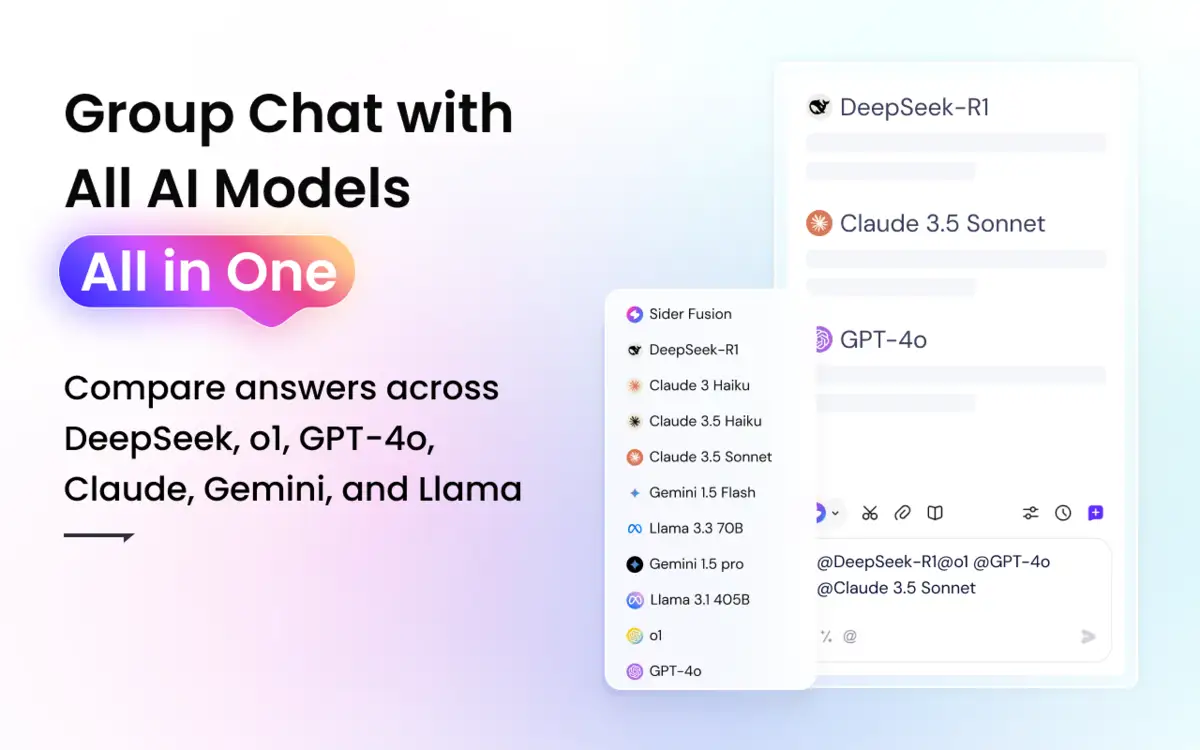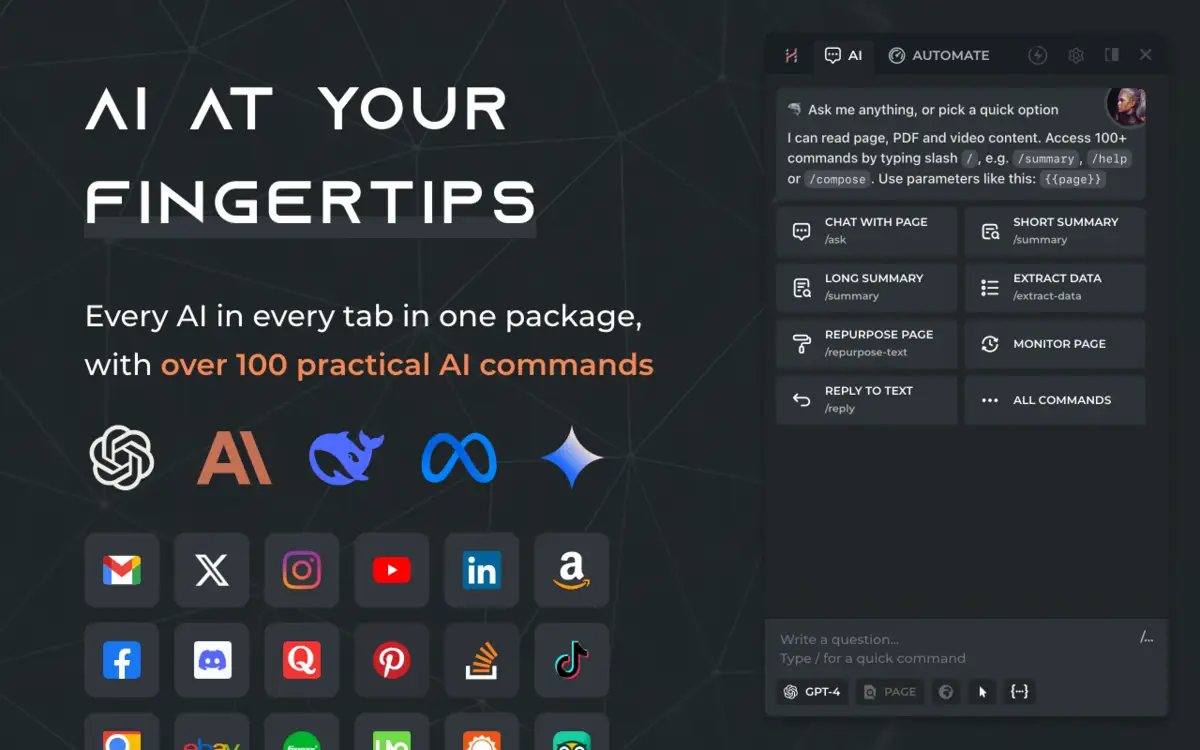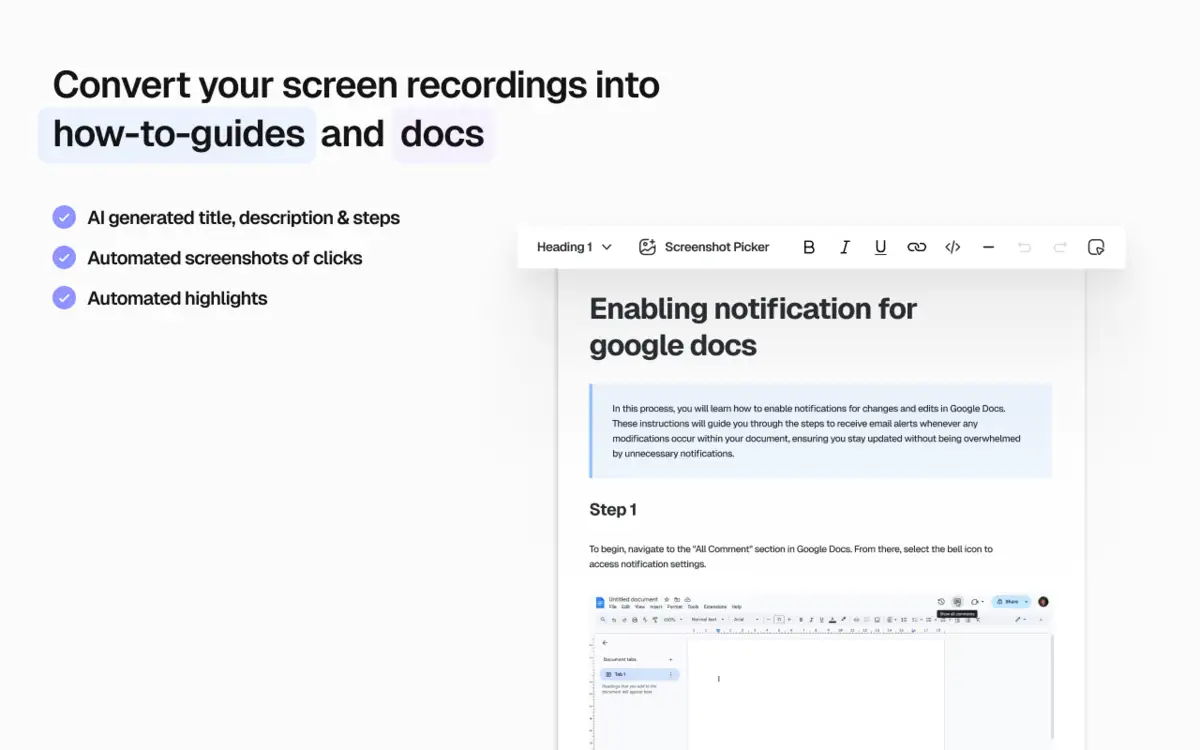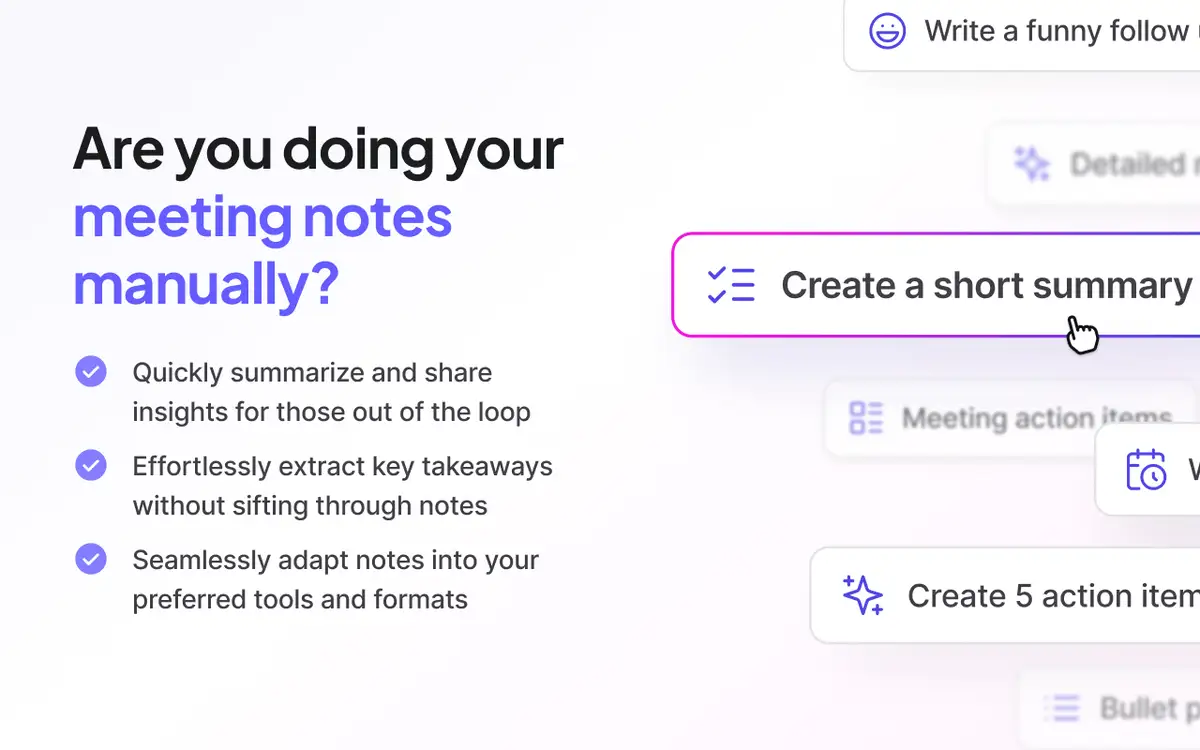SpaceX Eats xAI. OpenAI Eats Cash. Apple Reads Faces.
SpaceX and xAI merge ahead of $1.5T IPO. OpenAI raises $100B at $830B valuation. Apple pays $2B for silent speech tech startup Q.AI.
AI browsers promised revolution but can't crack Chrome's 66% market share. Five extensions deliver the same intelligence without forcing migration. The compromise nobody wanted reveals why adoption beats innovation. Data flows tell the real story.

OpenAI launched ChatGPT Atlas. Perplexity shipped Comet. Opera's pushing Neon. The race to reinvent browsers with native AI is accelerating, but adoption remains glacial.
Here's the bind: Users won't abandon Chrome (66% market share), yet they want AI assistance everywhere. Five Chrome extensions solve this without forcing migration. They're the compromise nobody asked for. They might also be exactly what everyone needs.
AI-first browsers promise seamless intelligence. Install a whole new browser, learn new shortcuts, migrate your bookmarks, rebuild your muscle memory. That's the ask.
Meanwhile, Chrome extensions deliver 80% of the functionality with zero switching costs. Click "Add to Chrome." Done.
The math favors retrofitting. Average users have 12 saved passwords, 47 bookmarks, and years of browsing habits in Chrome. Migration friction kills adoption. Extensions bypass it entirely.

Sider aggregates ChatGPT, Claude, Gemini, and Perplexity in one sidebar. No subscription juggling. No tab switching. Every major model lives two clicks away.
The free tier includes 30 GPT-4o queries daily. Claude Sonnet, Gemini Pro, image generation, side-by-side comparisons. All free to start. Power users can upgrade ($20/month), but most won't need to.
Compare that to individual subscriptions: ChatGPT Plus ($20), Claude Pro ($20), Perplexity Pro ($20). Sider bundles equivalent access for free or discounted. The arbitrage is obvious.

HARPA AI connects AI to Zapier, Make.com, and 100+ prebuilt automations. Extract LinkedIn profiles to spreadsheets. Monitor competitors' pricing. Summarize YouTube videos into notes.
Traditional automation tools demand technical setup. HARPA works through natural language. "Track price changes on this page" becomes a monitoring system. No code. No complex workflows.
The catch: It has a learning curve. Not steep, but present. Early adopters will thrive. Casual users might bounce. That's the segmentation playing out across all AI tools. Complexity remains the adoption killer.

Trupeer turns screen recordings into training videos automatically. Record yourself clicking through a process while mumbling explanations. AI cleans the audio, adds professional voiceover, inserts HeyGen avatars, exports polished videos.
Internal training typically costs $500-2000 per video through contractors. Trupeer makes it free (with watermarks) or $19/month unlimited. The economics destroy traditional documentation workflows.
Enterprise adoption will lag. Compliance, security reviews, procurement. But SMBs and startups? They're already switching. Speed beats perfection when documentation debt compounds daily.

Tactiq runs AI alongside video calls. Not as a creepy participant. As a sidebar that tracks conversation, suggests action items, answers questions about what was discussed.
"What did Sarah say about Q3 targets?" Ask mid-meeting. Get answers instantly. No scrolling through recordings later.
Free tier covers unlimited meetings under 90 minutes. Pro ($12/month) adds custom AI actions, speaker identification, advanced search. Zoom's native AI assistant costs $14/user/month with fewer features. Microsoft's Copilot runs $30/user/month.
The arbitrage won't last. Platforms will improve native AI or acquire these extensions. Until then, third-party tools deliver better features cheaper.

SaveDay transforms bookmarking through AI organization. Save anything, anywhere, with one click. Find it later through natural language. "That article about semiconductor supply chains from last month."
Traditional bookmarks require manual folders, consistent naming, perfect recall. SaveDay indexes content, extracts key concepts, enables semantic search. It's Pinterest meets Notion meets your browser history.
The free tier includes unlimited saves, AI search, and basic organization. Premium ($7/month) adds team features, advanced AI insights, priority processing. Compare to Notion ($10/month) or Obsidian Sync ($8/month). SaveDay costs less while living where you already work.
These aren't just productivity tools. They're data collection engines.
Every query through Sider trains models on user preferences. HARPA learns which automations people actually use. Trupeer sees how companies document processes. Tactiq captures meeting patterns across industries. SaveDay maps knowledge graphs of user interests.
That data becomes moats. Not for the extension makers. For the AI providers paying for access. The real business isn't the $20 monthly subscriptions. It's the behavioral data flowing through these tools.
Users get convenience. Extension makers get revenue. AI companies get training data. Everyone wins until privacy regulations catch up. Europe's already circling.
Chrome's Manifest V3 killed ad blockers' effectiveness. AI extensions face similar platform risk. Google could restrict API access, limit computational resources, or launch competing features.
Apple's already there. Safari's AI features will be native-only. No extensions allowed. Microsoft Edge bundles Copilot directly. Opera includes AI in the base browser.
Extension developers have 18-24 months before platforms squeeze them out or acquire them. The smart ones are building user lock-in now through data, workflows, and integrations. The rest become features.
Q: How much would these five extensions cost if I paid for all of them?
A: Full premium runs $78/month total: Sider ($20), HARPA ($30), Trupeer ($19), Tactiq ($12), SaveDay ($7). Most users need just 1-2 paid tools. Free tiers cover basic use. Sider alone gives you 30 GPT-4o queries daily free. Compare that to $100/month for ChatGPT Plus + Claude Pro + Perplexity Pro + Notion.
Q: What data do these extensions actually collect, and should I worry?
A: They see every page you visit while active. Sider tracks AI queries. HARPA logs automation patterns. Tactiq processes meeting audio. SaveDay indexes your saved content. All claim encryption and no selling to third parties. But they're processing your data through external AI APIs. Use work profiles to separate personal browsing.
Q: Do these slow down Chrome or eat up memory?
A: Each extension adds 50-150MB RAM usage when active. Running all five uses about 500MB total. Chrome typically uses 2-4GB with normal tabs. The real hit is API calls - expect 1-3 second delays for AI responses. Disable extensions you're not actively using through Chrome's extension manager.
Q: Don't Chrome and Google already have AI features built in?
A: Chrome's "Help me write" only works in text fields. Google's SGE requires Search Labs opt-in. Workspace AI costs $30/user/month for businesses. These extensions work everywhere, cost less, and use multiple AI models. Google's features are intentionally limited to push enterprise subscriptions.
Q: Will these work if Chrome kills them with Manifest V3 changes?
A: Most already comply with V3. The risk isn't technical death but feature restrictions. Google could limit API calls, reduce storage, or block certain page interactions. History suggests 18-24 months before major changes. Smart vendors are building desktop apps as backup. Sider and HARPA already have standalone versions.



Get the 5-minute Silicon Valley AI briefing, every weekday morning — free.